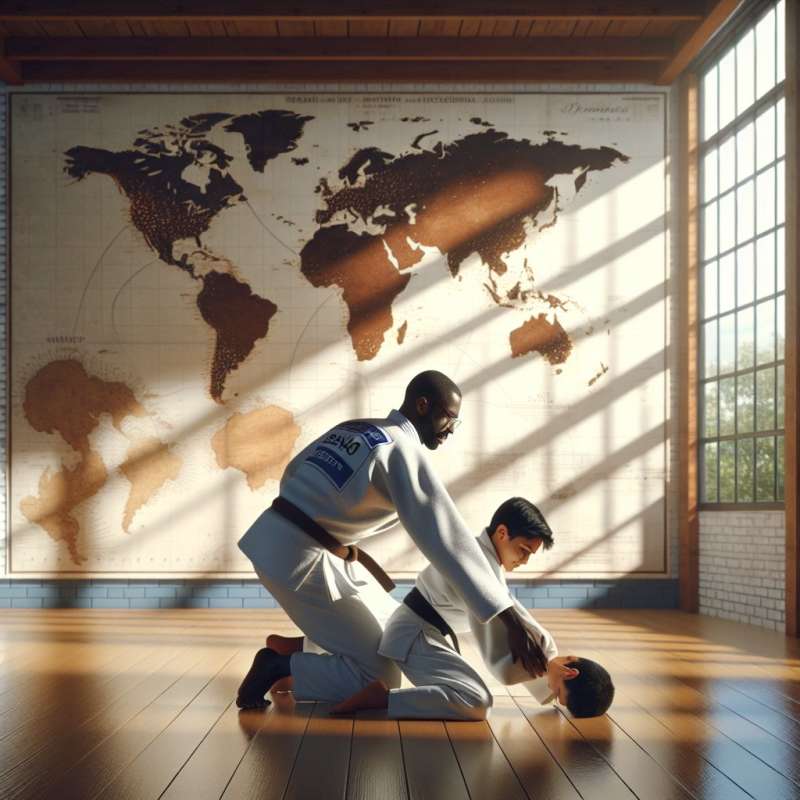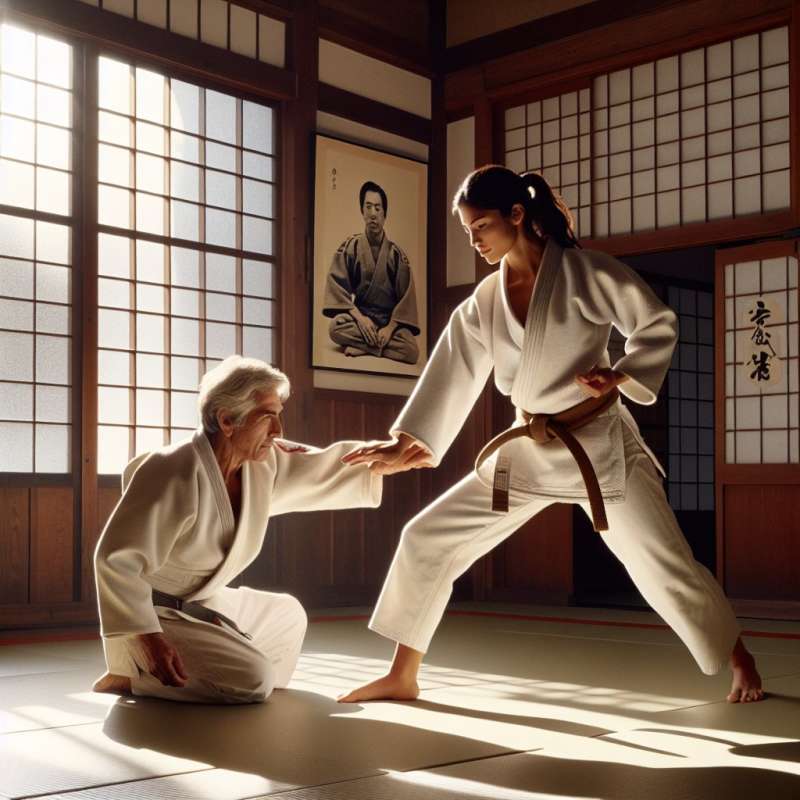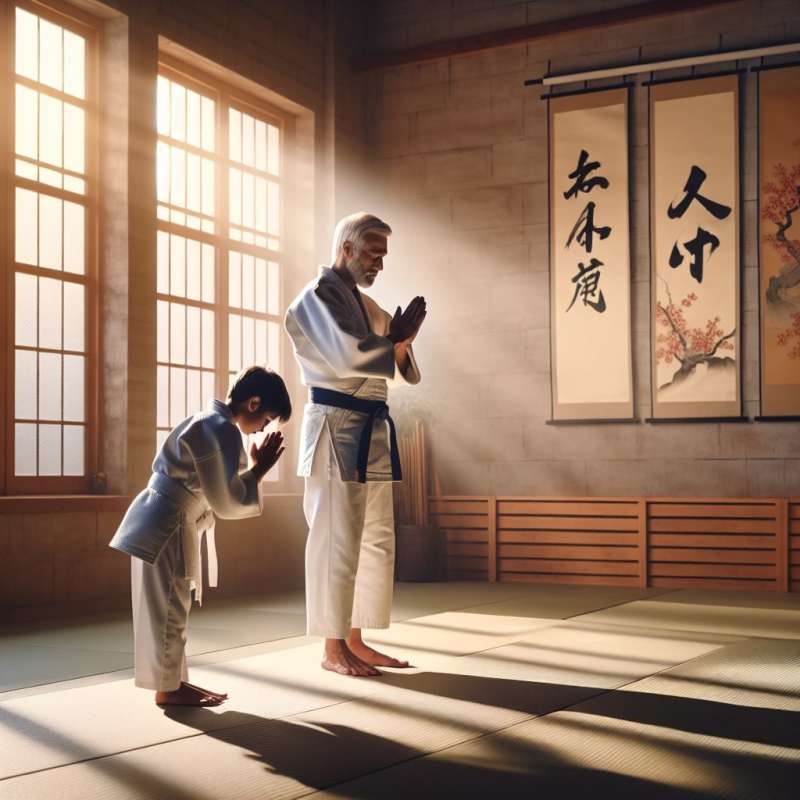
Origins of Judo
Judo was founded in 1882 by Jigoro Kano in Japan. Kano developed it by integrating jujutsu techniques with a philosophy of physical and mental education. His aim was not just self-defense but also personal growth and moral development.
Jigoro Kano's Innovations
Kano introduced the concept of randori (free practice) and removed dangerous techniques to make judo safer. He also emphasized the principles of 'maximum efficiency' and 'mutual welfare and benefit,' which were revolutionary in martial arts.
Judo's Global Spread
Judo became the first Japanese martial art to gain widespread international recognition. By 1964, it was included in the Tokyo Olympics, becoming the first martial art to be part of the Olympic Games. Kano's students played key roles in its global promotion.
Women in Judo
Kano was ahead of his time in promoting women's involvement in judo. By 1893, he started teaching women at his dojo. Women's judo was officially included in the Olympic Games in 1992, but the groundwork was laid much earlier.
Judo's Philosophical Depth
Beyond physical techniques, Kano integrated Eastern philosophies and Western educational theories. He viewed judo as a way to cultivate virtues such as humility, respect, and perseverance. This holistic approach differentiates judo from many other martial arts.Judo in Space
In 1990, Russian cosmonauts practiced judo aboard the Mir space station to maintain physical fitness, making it the first martial art to reach outer space.
When was Judo founded?
1885 in Japan
1882 by Kano
1893 by Kano
Company